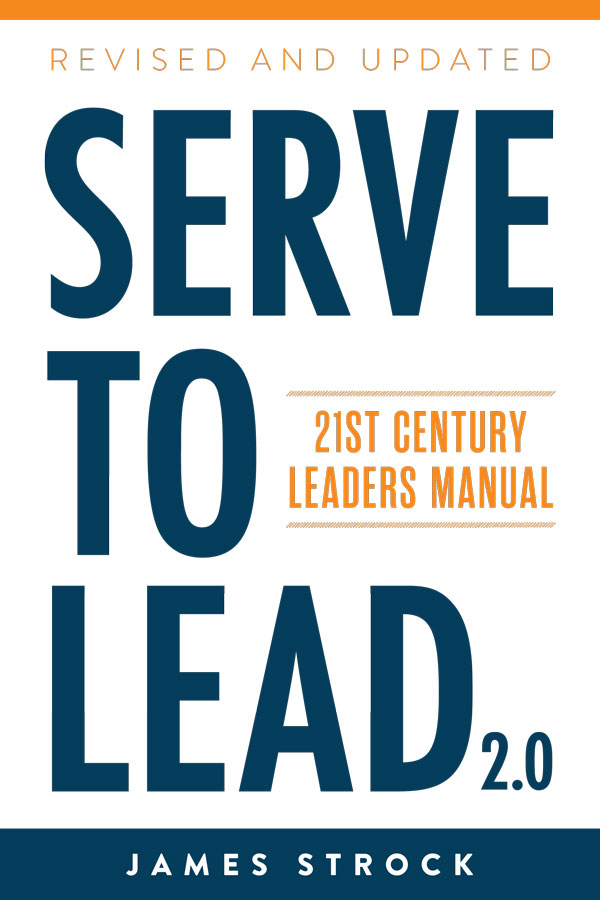The Servant Leadership Tradition
Servant leadership is recognizable in various spiritual traditions.
The lives of Jesus Christ, Muhammad and Buddha are exemplars. Similar sentiments are found in the Arthashastra, an ancient Indian treatise of statecraft and spirituality. Lao Tzu is often quoted in the same vein, including his dictum:
‘Fail to honor people, they will fail to honor you.’ But of a Great Leader, when his work is done, his aim fulfilled, the people will all say, ‘We did this ourselves.’
In the mid-twentieth century, Robert K. Greenleaf presented the notion of the servant-leader as a counterpoint to the authoritarian structures and assumptions then prevalent in business, as well as other sectors. In his essay The Servant as Leader, Greenleaf declared:
It begins with the natural feeling that one wants to serve, to serve first. Then conscious choice brings one to aspire to lead. That person is sharply different from one who is leader first, perhaps because of the need to assuage an unusual power drive or to acquire material possessions…The leader-first and the servant-first are two extreme types. Between them there are shadings and blends that are part of the infinite variety of human nature.
Greenleaf elaborated in The Essentials of Servant Leadership:
The servant-leader is servant first… Becoming a servant-leader begins with the natural feeling that one wants to serve, to serve first. Then conscious choice brings one to aspire to lead. That person is sharply different from one who is leader first… The difference manifests itself in the care taken by the servant first to make sure that other people’s highest priority needs are being served. The best test, and the most difficult to administer, is this: Do those served grow as persons? Do they, while being served, become healthier, wiser, freer, more autonomous, more likely themselves to become servants?
21st Century Leadership
Serve to Lead is predicated on the notion that 21st century leadership has emerged as distinct from its 20th century predecessor. The differences are significant in both theory and practice, including:
—At the summit, leadership and service become one.
—We are in transition from a transaction-based world to a relationship-based world. This has been ongoing through the past century and is now accelerating.
—The Information Revolution—enabling universal access to publishing tools, global reach, instantaneous communication–has changed the game. Power and authority are being reconfigured.
—Radical, involuntary transparency means that decision-making will involve many more stakeholders, with much greater prospective influence.
On the basis of these and other factors, Serve to Lead argues that there is no longer a distinction between leadership and servant leadership. The modifier is being removed with every passing year.
Servant Leadership and 21st Century Leadership
21st century leadership, understood in this way, can be viewed as a variant of servant leadership. As with any approach to thinking, there are areas where different people can have varying views, working from the same premises.
Consider the following questions:
—Does servant leadership, as offered by some interpreters, imply meekness? Is meekness universally the most effective stance for effective service?
—Can some understandings of servant leadership tend toward a focus on inputs (the actions and attitudes of the individual who would lead) to the detriment of outputs (the effects on those served)? Does it matter?
—What is the nature of the humility that marks effective servant leaders? How does one distinguish between an accurate appraisal of one’s prospective service and undue pride in the cases of individuals whose capacities may be uniquely suited to fulfill a particular mission?
—Would you classify Winston Churchill as a servant leader? Steve Jobs? George S. Patton? Each was notably effective in achieving results. Each could also be notoriously difficult to work with.
What do your answers suggest about your views of leaders and leadership?
adapted from Serve to Lead.
Contact us today to bring James Strock to speak at your next event.
Servant Leadership and 21st Century Leadership

